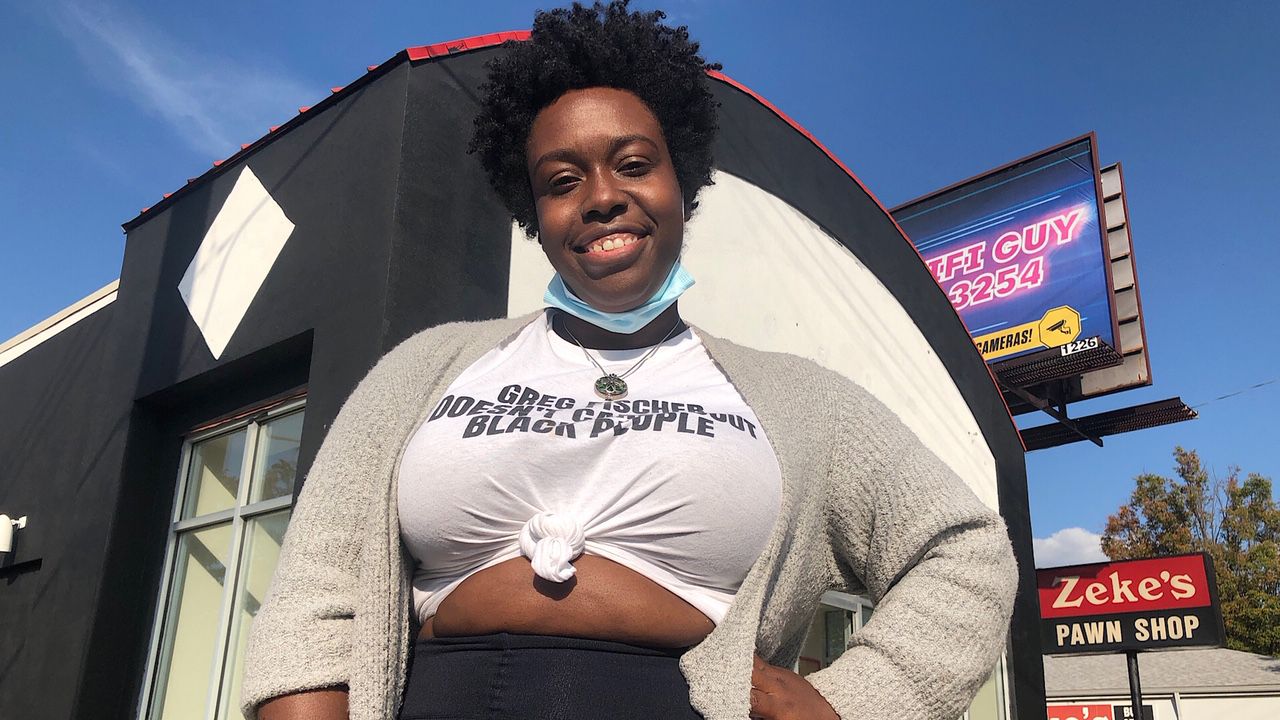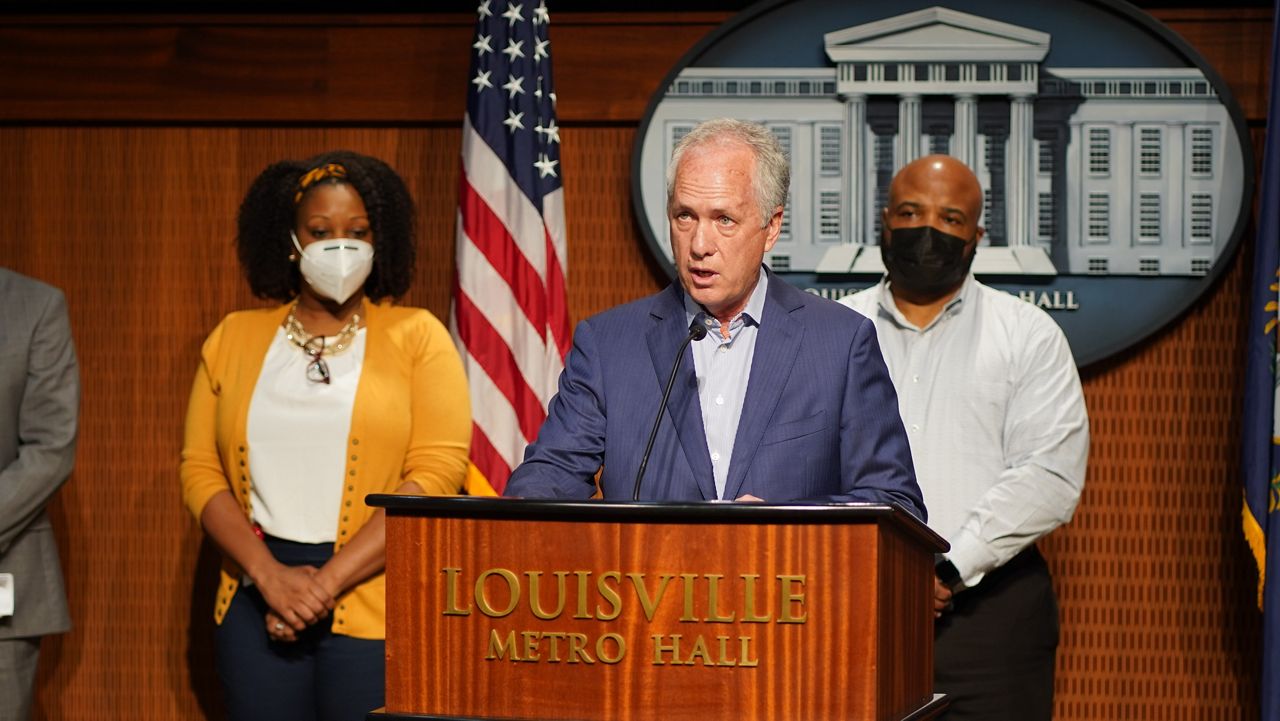LOUISVILLE, Ky. — In the aftermath of several high-profile police killings and the mass protests that followed last year, activists in Louisville and around the country took up a new rallying cry. “Defund the police” was, and remains, a call to reduce police budgets and use the money on programs and services that benefit historically marginalized groups.
But last week provided the latest reminder that, in Louisville at least, the call has been soundly rejected. On Thursday, Louisville Metro Council approved a new, higher-paying contract for midlevel leadership in the Louisville Metro Police Department (LMPD) and allocated $17.5 million of American Rescue Plan (ARP) funds to Louisville Metro Police Department. Those moves came two days after Gov. Andy Beshear proposed raises and millions in new spending for Kentucky State Police troopers and several months after the approval of a nearly $200-million LMPD budget.
“What the city is telling me with this funding and what Gov. Beshear is telling me, is that Black suffering is going to continue to be incentivized,” said Shauntrice Martin, a Louisville activist who has frequently called for the city to cut LMPD's budget.
But just weeks after protests began in Louisville at the end of May in 2020, the city adopted a new budget that allocated $190.6 million to LMPD, up from $189.9 million in 2019. A year later, after some police departments around the country slashed police spending, LMPD’s budget was bumped up to $195.9 million.
Martin was outside of Metro Hall the night the budget was passed, attempting to get inside to voice her opposition. Because of COVID protocols in place to limit attendance, she has turned away. “They don’t want to listen to us,” she said of the city’s leaders.

Martin's concerns about Louisville include a lack affordable housing, ongoing food deserts problems, and West Louisville’s lower-than-average life expectancy, among other things.
“All these things are happening, and instead of putting significant funding toward resolving these issues, it's like they're giving up and saying, ‘We're not going to help them. We're just going to make sure that we can lock them up and harass them.’”
A spokesperson for Mayor Fischer did not respond to questions by the time of publication.
The issues that Martin raised have not gone unaddressed by the city government. Nearly $90 million of the federal ARP money is going to programs addressing homelessness and affordable housing. Another $15.8 million is going to programs within the Office for Safe & Healthy Neighborhoods that aim to reduce violent crime. The 2021 budget also put money toward some of the ideas that activists have called for, including nearly $3 million for a 911 deflection program that will allow social workers to respond to some emergency calls.
Some of the increased police funding is also meant to implement LMPD reforms. The $17.5 million in ARP funds will pay for improvement measures outlined in a review of the department conducted last year by Hilliard Heintze, along with reforms that the Department of Justice is likely to require after its investigation into the department.
But Martin has little patience for the argument that increased spending can lead to improved outcomes. "It's literally never worked," she said. "We are already living in the reform that they promised us." She also pointed out that, despite increased police spending, homicides in the city are rising, with this year poised to set a record. After a record-breaking 173 homicides in 2020, Louisville has already seen 170 homicides with more than six weeks left in 2021.
Like LMPD, the Kentucky State Police also came under fire in 2020. At issue for the KSP was its use of training material that quoted Adolf Hitler. Troopers with the department have also “killed more people in rural communities than any department nationwide,” according to a report from The Marshall Project.
Still, Gov. Behsear defended his proposal to give raises to troopers, which he said “are absolutely necessary,” and to spend more than $12 million to purchase of body cameras, which he said are a way of “embracing responsibility.”
“I believe that everybody is for public safety,” Beshear told Spectrum News 1. “Everybody wants safe neighborhoods. There may be some who think that there needs to be a different or better relationship between law enforcement and those neighborhoods, but nobody wants to see violence going on.”



